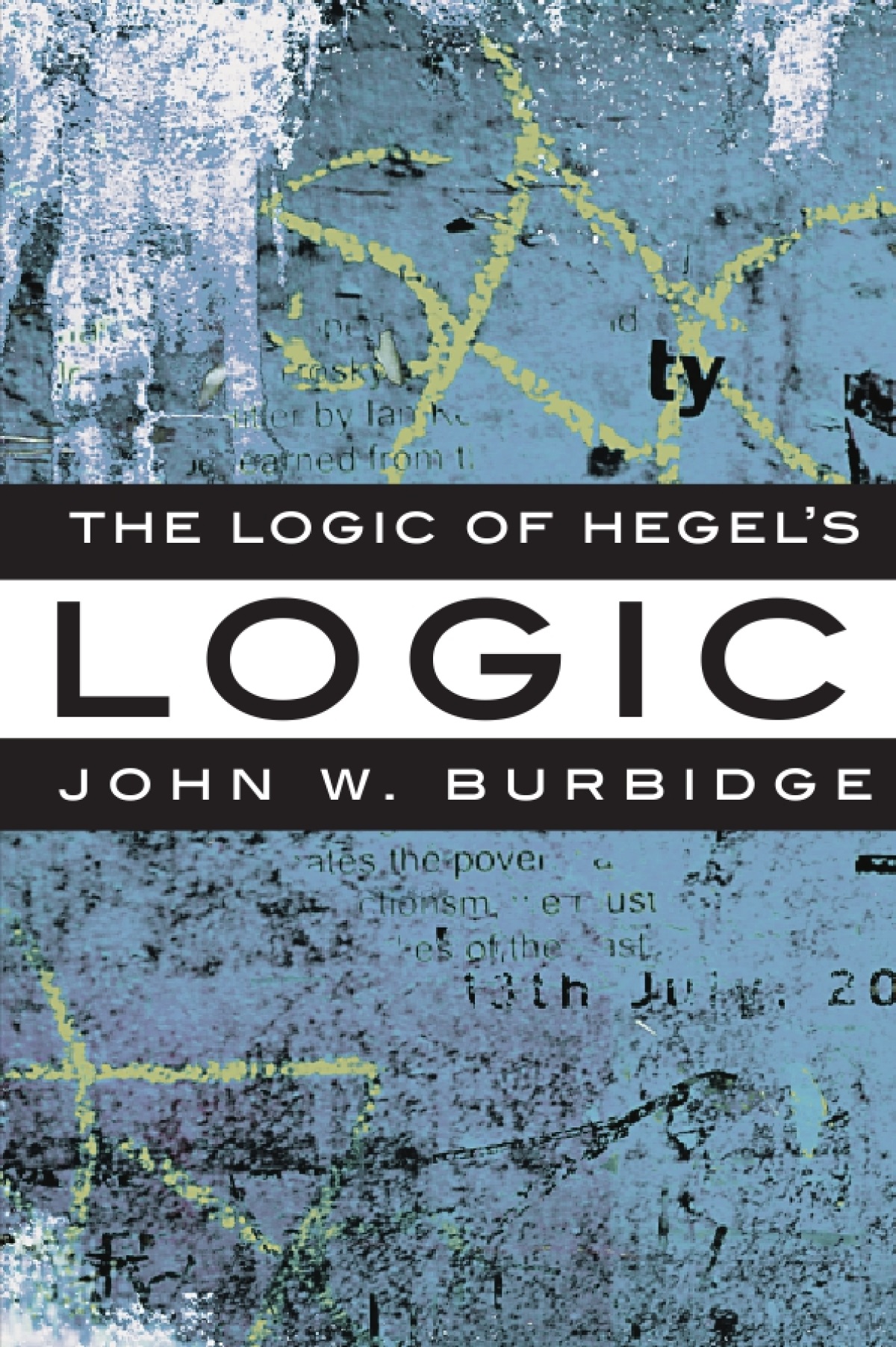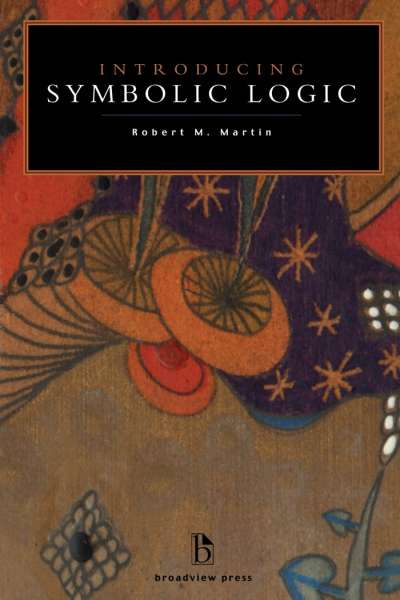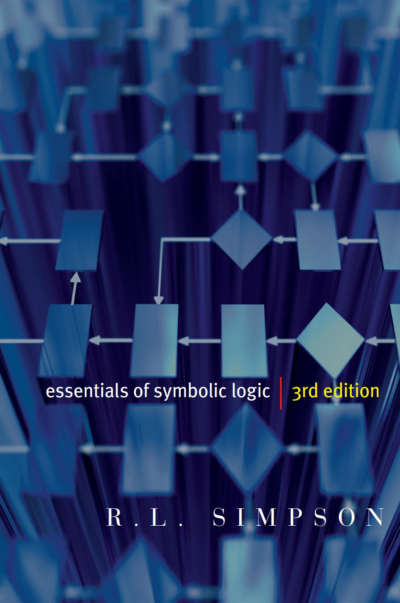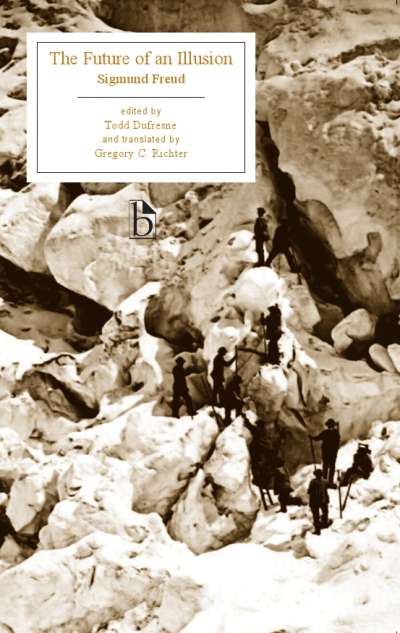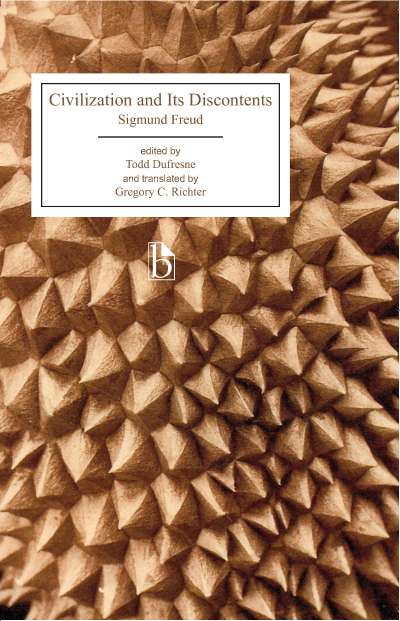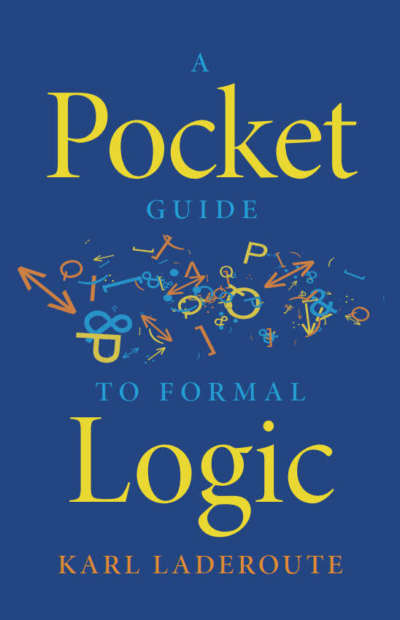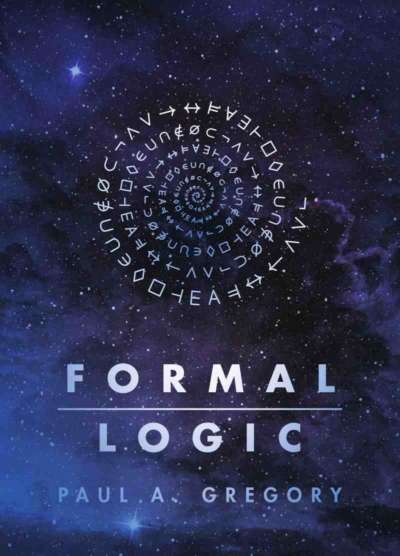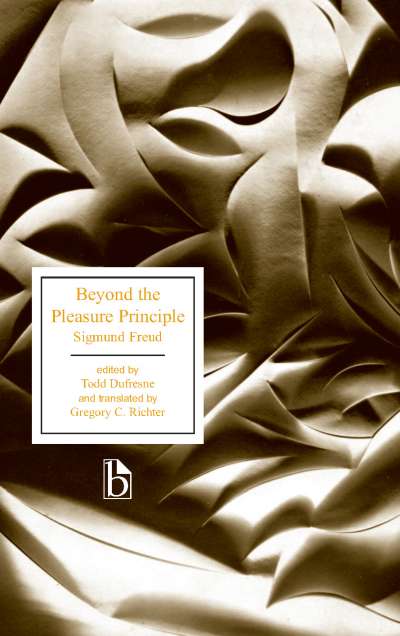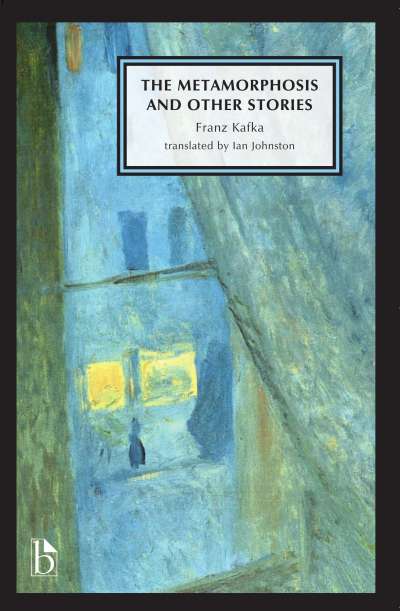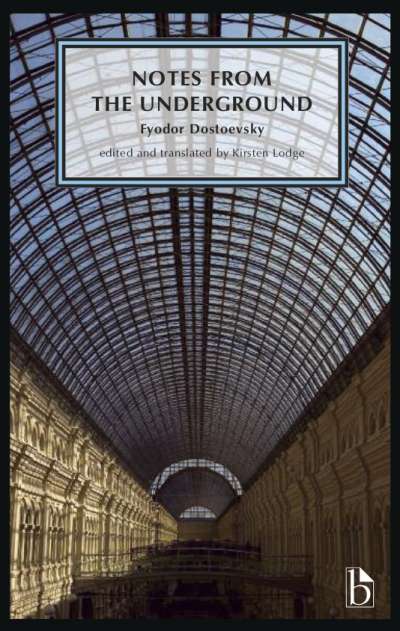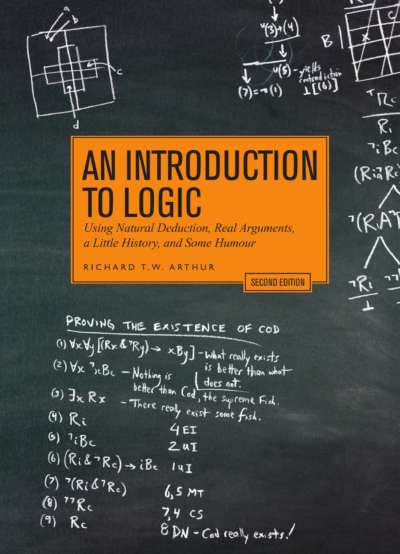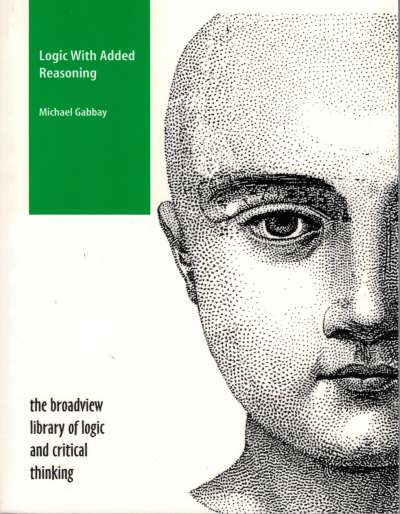George Wilhelm Friedrich Hegel has seldom been considered a major figure in the history of logic. His two texts on logic, both called The Science of Logic, both written in Hegel’s characteristically dense and obscure language, are often considered more as works of metaphysics than logic.
But in this highly readable book, John Burbidge sets out to reclaim Hegel’s Science of Logic as logic and to get right at the heart of Hegel’s thought. Burbidge examines the way Hegel moves from concept to concept through every chapter of his work, and traces the origins of Hegel’s effort to “think through the way thought thinks” to Plato, Kant, and Fichte. Having established the framework of Hegel’s logical thought, Burbidge demonstrates how Hegel organized the rest of his system, including the Philosophy of Nature, Philosophy of Spirit and his Lectures on World History, Art, Religion and Philosophy. A final section discusses English-language interpretations of Hegel’s logic from the nineteenth through twentieth centuries.
Burbidge’s The Logic of Hegel’s ‘Logic’ is written with an eye to the reader of general interests, avoiding as much as possible the use of Hegel’s technical vocabulary. It is an excellent introduction to an otherwise very difficult text, and has recently appeared in an Iranian translation.
Comments
“The Logic of Hegel’s ‘Logic’ is a compact, readable and largely non-technical introduction to Hegel’s logic. It will come as a pleasant surprise to readers who think that logic is precisely what Hegel’s systematic thinking lacks, or that, if it exists at all, it is a logic that lies trapped in the obscurity of Hegel’s writing. In correcting these misconceptions, John Burbidge has made a welcome contribution to our understanding of Hegel’s philosophy, and to the history of logic as well.” — John Woods, University of British Columbia
“John Burbidge has accomplished something quite incredible with this book: he has digested both the core and the details of Hegel’s Science of Logic (one of the most difficult texts to understand within the entirety of our philosophical heritage), and presented them to the reader powerfully, concisely and in simple prose, while at the same time not sacrificing accuracy. This is a feat almost without parallel in literature on Hegel. Burbidge’s Logic of Hegel’s ‘Logic’ is an excellent and extremely valuable book that I believe is capable of revolutionizing scholarly interpretations of Hegel’s philosophy.” — John Russon, University of Guelph

